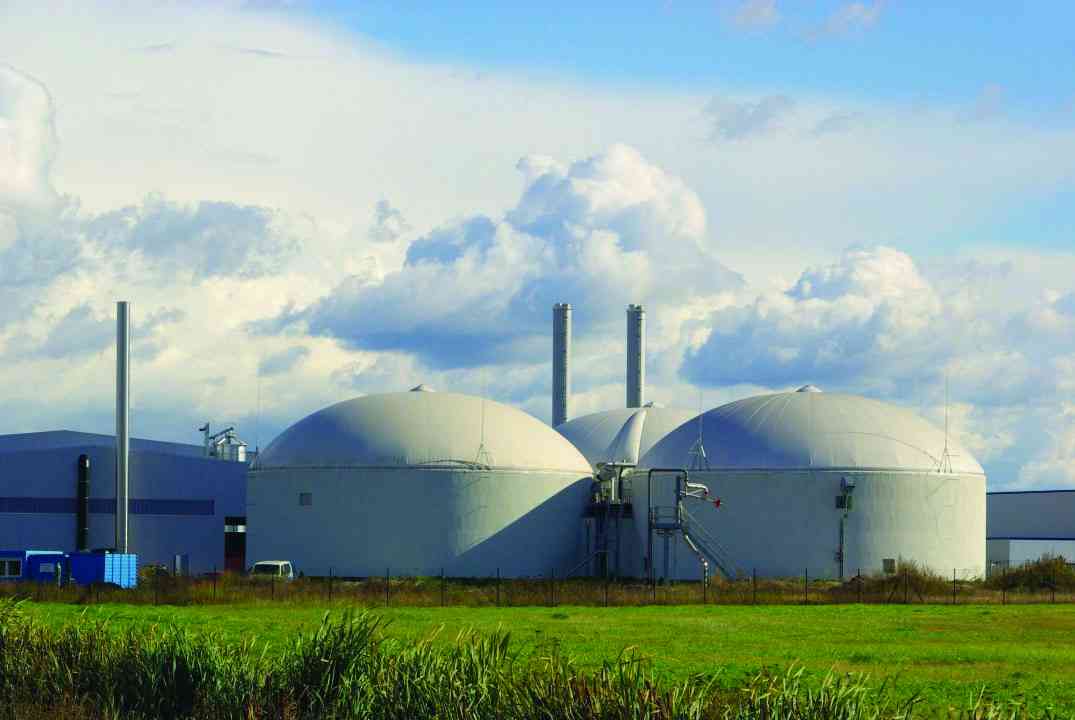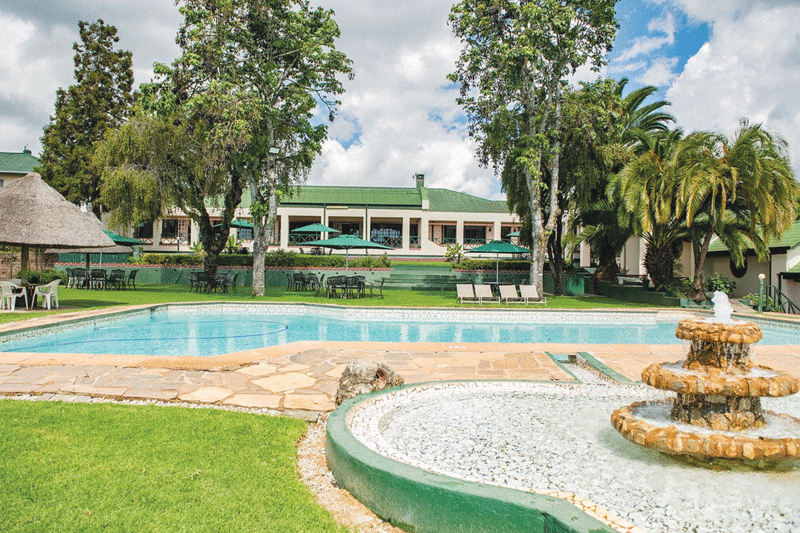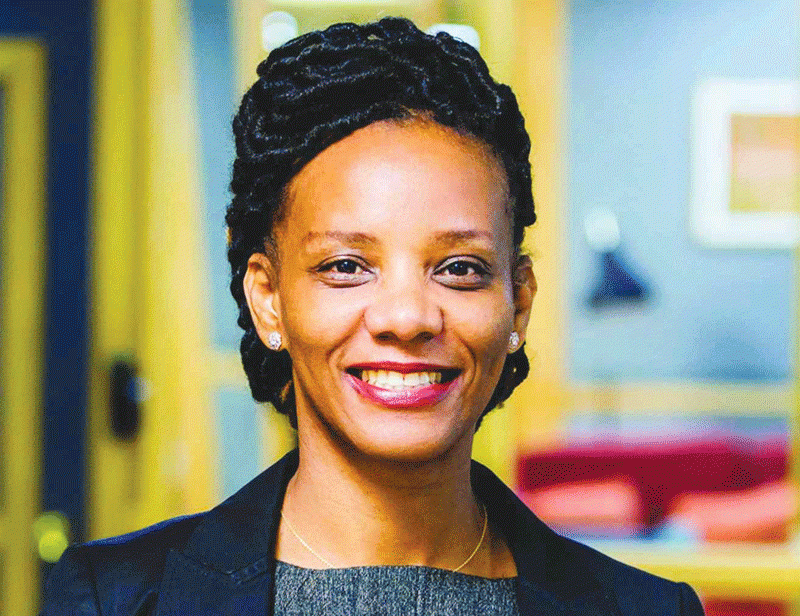
THE Zimbabwe Energy Regulatory Authority (Zera) has embarked on a comprehensive study to explore the commercial viability of biogas as part of its efforts to promote clean energy solutions.
This phased research, set to conclude within the next two years, will focus on the feasibility of packaging biogas in smaller, portable containers, making it more accessible to consumers.
"It is an ongoing research, which might be in the tune of about US$40 000. But since it's an ongoing research, other developments will be there, and we will keep funding other aspects of the research," Victor Sibanda, Zera's research and energy efficiency engineer, said at a recent waste to energy conference in Kariba.
The conference was hosted by Alpha Media Holdings, publishers of the Zimbabwe Independent, The Standard and NewsDay. The group also owns Heart and Soul TV.
“We just want to see the viability of commercialisation of biogas because there are people who have biogas and some who have it in excess. This means it might not be useful for them in the near future,” Sibanda said.
“But if they can be able to package it and sell it to the next person, it's an economic activity which we have created and it's a benefit to the person, who owns the biogas digester, and it's actually better for the next person who is now using a cleaner source of energy.”
Sibanda said the research was still in its preliminary stages where researchers are carrying out site visits and studies to see the biogas digesters and the volumes which are being produced.
He said from there, the authority would start speaking about the commercialisation and the value chain.
- Zesa doubles power charges
- ZERA announces another fuel price increase
- Zera slashes fuel dealership licence renewal fees
- Payment delays rile Byo road contractors
Keep Reading
“We are trying to focus on the safety aspects, to say if it's done wrongly, it might harm people because there are other people, who are already using or who are already packaging the biogas digesters in the bio-bags,” Sibanda noted.
“It is actually packaged in a voluminous bag, which might be difficult to transport, so the process we have embarked on will lead to us having containers of less volumes and you are easing the issues to do with transportation, and that is why we embarked on that project.
“We are expecting the project to be completed probably in the next two years, so that by the end of 2025, we will have reached a certain position to check on the feasibility of packaging the biogas in smaller containers, which are not voluminous.”
Biogas is produced when organic matter such as food or animal waste is broken down by microorganisms in the absence of oxygen — in a process called anaerobic digestion.
The biogas energy produced from cow dung can power household stoves, refrigerators, and lighting, reducing reliance on firewood and combating deforestation.











